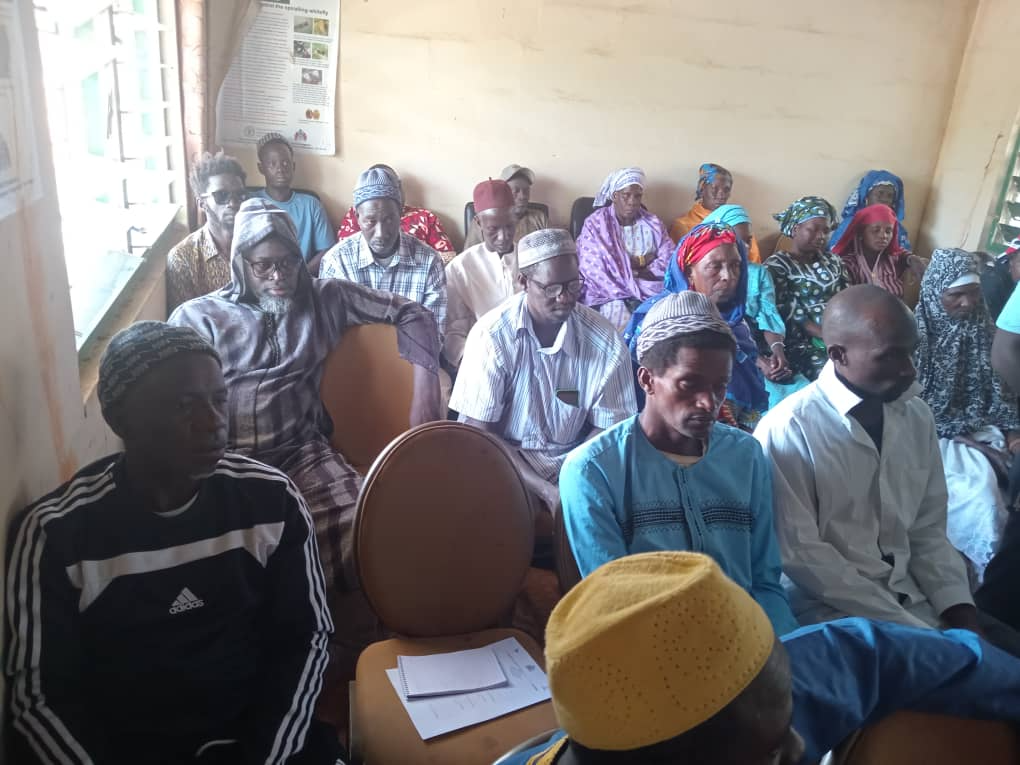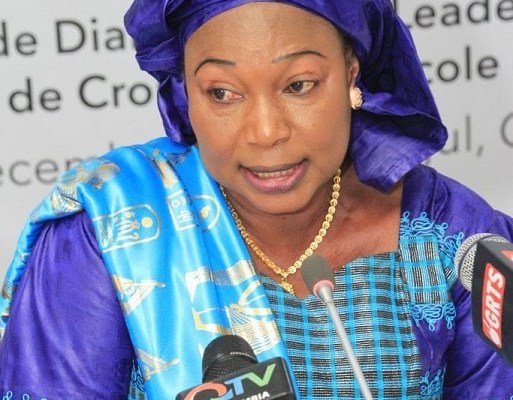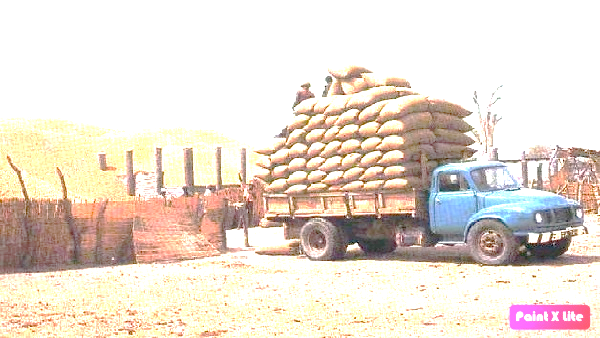By: Haruna Kuyateh
The Njawara Agricultural Training Centre (NATC), in partnership with Action Aid International The Gambia (AAITG), is scaling up efforts to promote agroecology through the establishment of an Agroecology Platform in Central River Region North (CRRN).
The initiative forms part of the EU-funded project, Strengthening Civil Society Organization (CSO) Support and Advocacy for Sustainable Production and Use of Organic Fertilizer in The Gambia (SAPOF). The on-going training targets 17 participants and is taking place at the Women Initiative Gambia (WIG) Centre in Njau, Upper Saloum District.
Alpha Sey, Executive Director of NATC, hailed the partnership with AAITG in implementing projects to enhance food production and productivity. He explained that the Agroecology Platform will strengthen farmers’ capacity to promote agroecological practices that boost yields and income while discouraging the use of chemical fertilizers.
Director Sey urged farmers to adopt environmentally friendly methods, noting that agroecology can help address wind and soil erosion, improve soil fertility, and support animal production.
Saikou F. Bah, SAPOF Project Manager, thanked the European Union for supporting organic farming, which he said enhances food security and mitigates climate change effects. He revealed that the project targets the production of 54,750 tons of organic manure, with beneficiary communities in Balanghar, Dalaba (CRR), and Kerr Biran (North Bank Region) expected to produce 20,000 tons of manure monthly per compost chamber.
Mr. Bah emphasized the importance of promoting a circular economy by empowering communities to collect animal droppings and supply them to compost chambers for processing. He added that the project values inclusive participation and considers the involvement of persons with disabilities vital in closing information gaps and strengthening smallholder farmers’ capacity.
On the Agroecology Platform, Mr. Bah called for proactivity to ensure its long-term viability and effectiveness in empowering farmers.
Isatou Sisay, Director of Women Initiative Gambia (WIG), described the training and platform as crucial in building farmers’ capacity. She stressed that including persons with disabilities in development and food systems was vital for achieving food security.
Haddy Manneh, a representative of persons with disabilities at WIG, expressed gratitude for the inclusion, saying it would enhance participation in food production and improve livelihoods. She appealed to development partners to design projects that empower persons with disabilities socially and economically.
Faburama Fofana, lead trainer, said the platform would link traditional knowledge with modern farming practice to promote food and nutrition security through agroecological practices.





